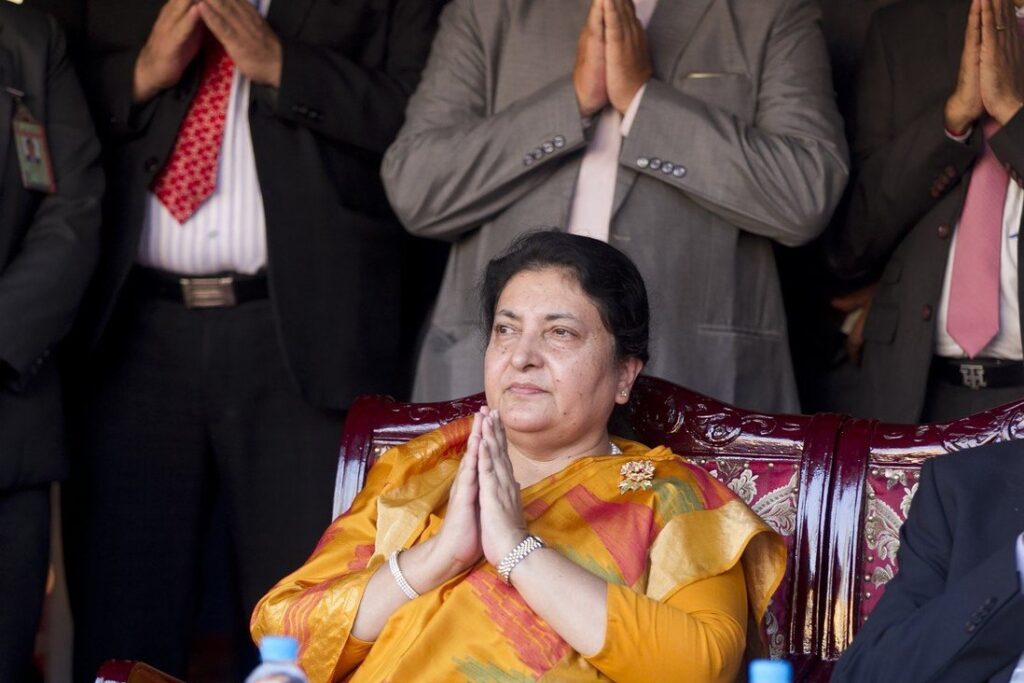
After determining that both embattled Prime Minister K. P. Sharma Oli and the Opposition alliance were unable to form a coalition, Nepal President Bidya Devi Bhandari dissolved the House of Representatives and declared mid-term elections on November 12 and 19.
Ms. Bhandari’s announcement came after Prime Minister Oli proposed dissolving the 275-member House during an emergency Cabinet meeting at midnight.
On December 20, last year, President Bhandari dissolved Parliament, but it was later restored by the Supreme Court in February.
According to a press release issued by the President’s Office, the Parliament was dissolved and the dates of the midterm elections were declared in accordance with Article 76 (7) of the Nepalese Constitution.
The ministerial council has proposed holding the first phase of the election on November 12 and the second phase on November 19.
The step followed a notice from the President’s Office stating that it could not appoint either K.P. Sharma Oli, the incumbent Prime Minister, or Sher Bahadur Deuba, the Nepali Congress president, because their claims to form a new government were inadequate.
With four lawmakers in the 275-member House of Representatives expelled by their party for joining another party, a prime ministerial candidate must have the support of at least 136 lawmakers in Parliament to form a new government.
Both leaders assert their support
According to Nepalese media sources, both Mr. Oli and Mr. Deuba asserted the support of some lawmakers, whose names were included in the list of both of them.
This is the second time President Bhandari has dissolved Parliament on Prime Minister Oli’s suggestion following a political crisis.
On Friday, Prime Minister Oli and the Opposition parties staked separate claims for the creation of a new government by sending letters of support from lawmakers to the President.
According to The Himalayan Times, the President reportedly told the Opposition leaders that she would make a decision after consulting constitutional experts.
According to the article, a dispute arose after a few lawmakers from the Madhav Nepal faction issued statements alleging that their signatures were misplaced and that they did not sign any paper to instal Opposition leader Deuba as Prime Minister against their own party president.







